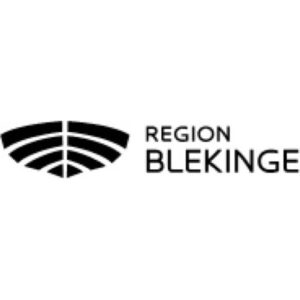Region Blekinge
The Blekinge Region, located in southern Sweden, is home to approximately 160,000 residents. This coastal area features predominantly rural landscapes and is distinguished by its extensive forests and picturesque archipelago. The region’s private sector primarily focuses on manufacturing, marine technology, shipping, tourism, and agriculture. Blekinge also plays a key role in connecting Southeast Sweden with continental Europe.
Region Blekinge is committed to fostering sustainable development through strategic collaboration between private and public sectors.
Our Strengths
For a region of our size, the Missions method has proven to be a valuable complement to Smart Specialization. Both approaches share a common goal: breaking down silos and promoting collaboration among regional stakeholders and citizens. In a smaller region like Blekinge, our greatest asset is our ability to cooperate and rapidly mobilize towards shared objectives.
In crafting our Smart Specialization strategy, we have integrated the Missions method, applying it to our areas of expertise. This approach not only focuses on what we excel at but also considers how our strengths can benefit society at large.
The success of the Missions method has encouraged us to incorporate the it into our Smart Specialization strategy, with the aim of positioning Blekinge as a leading European Missions region and a model for others.
Our Smart Specialization Areas:
- Smart Industry: Marine technology and manufacturing
- Tech: Digitalization and smart society
- Missions: Addressing global societal challenges
Beyond its mobilizing effect, the Missions method provides smaller regions with opportunities to engage in national and European R&D programs and investments. Blekinge is unique as the only Swedish region utilizing the Missions method as part of its Smart Specialization strategy. We view this as an opportunity to enhance our involvement in Horizon projects and to engage regional and local stakeholders, including major businesses and SMEs, in developing real-world testbeds. This will facilitate increased experimentation to identify effective solutions and drive innovation.

